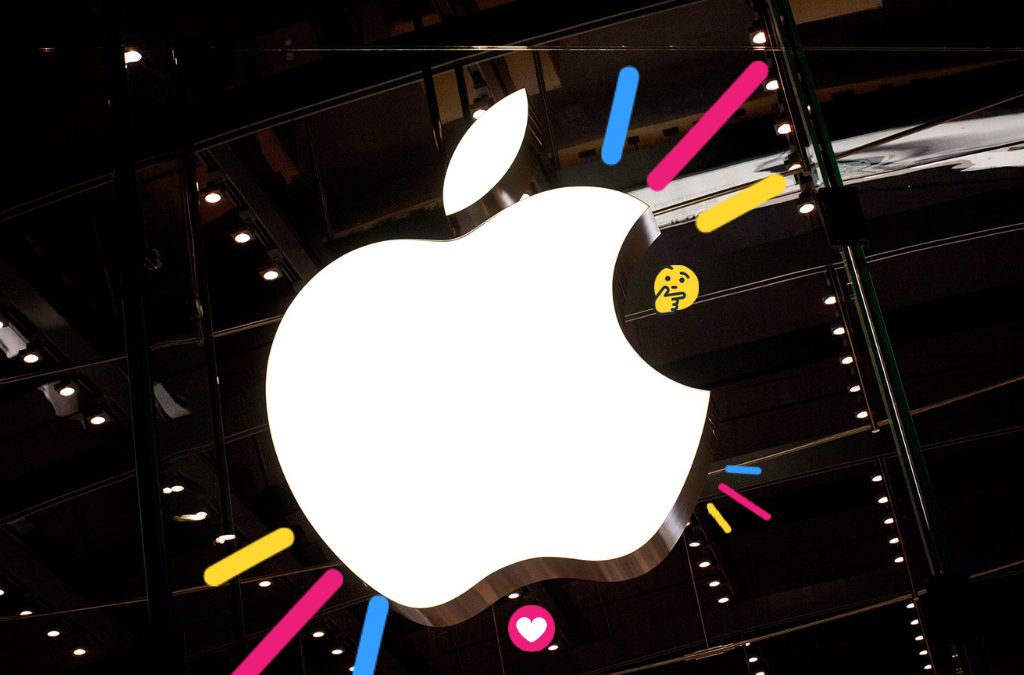- Social Media Advertising
26 April 2021
What do the iOS 14 changes mean for your Facebook ads?
With an upcoming update, Apple are boosting privacy features for iPhone and iPad users – which will have a real effect on your Facebook ads. We’ve broken it down to explain what this means for you, and how you can work with it.
What are the upcoming iOS changes?
Apple are introducing something called App Tracking Transparency in their next major update for iPhone and iPad. When this comes into play, Apple device users will have more say in what third-party tracking they allow each app to do.
So, for example, if you open Facebook, you’ll be asked whether you want to allow Facebook to track your activity over third-party websites or apps. If you say no, Facebook won’t be able to link any action you take on a website that uses a Facebook pixel back to the app. That’s a major blow for retargeting ads, as the system can’t then register whether you’ve converted or not.
It also means that they can’t share your location details or email address with a data broker, or use targeting that’s based on your activity outside of Facebook and Instagram. That last point is potentially the big kicker, as it means the accuracy of your targeting could be significantly decreased.
What you can do next
First and foremost, look at how you currently set up your ads. If you’re heavily reliant on Facebook’s pixel, then the social media giant has introduced Aggregated Event Measuring, which will allow you to track up to eight conversion events while limiting what data is transmitted to Facebook.
You’ll need to make sure your website’s domain is registered with Facebook, and you’ll then get eight conversion events from that domain. So even if you have numerous pixels, you only get eight in total, and Facebook will only measure the last key touchpoint from any users that have opted out of tracking. That’s why it’s vital to prioritise what’s important for you to measure – is it purchases, adding something to cart, or filling in a contact form?
While Facebook won’t be able to target based on your external interests if you choose to opt-out, it can still market based on the actions you take within the app – this includes pages you like, posts you interact with, and so on. So ads focused on traffic and reach, as opposed to website conversions, will still be effective.
It’s also worth bearing in mind that Android make up 72% of smartphone users globally, and these changes won’t affect anyone with an Android phone just yet.
What about other social networks?
While arguably, this will have the biggest impact on those using Facebook ads, other social networks will also face the iOS 14 changes. Snapchat have recently released guidance on what will be affected by the upcoming software update, as have Twitter and LinkedIn.
On the whole, if you use retargeting or conversion tracking, you may see a downturn in the levels of traffic you receive from advertising on social media. However, networks like LinkedIn and Snapchat rely on audience profiling from within their own platform, so you should see minimal changes if you’re using the native targeting.
If you need help getting ready for the new changes, chat to us. We can help you to implement any adjustments necessary and plan out a comprehensive advertising strategy moving forward. Visit our services page to find out more.
- Snap x Cameo: Snapchat’s new partnership with Cameo - 9 May 2022
- The latest Twitter changes – May 2022 - 4 May 2022
- The State of Facebook Ads in 2022 - 1 April 2022
Contact us to find out more
Ready to step into the world of digital advertising? Drop our team a message to find out how we can make your business a success online.


